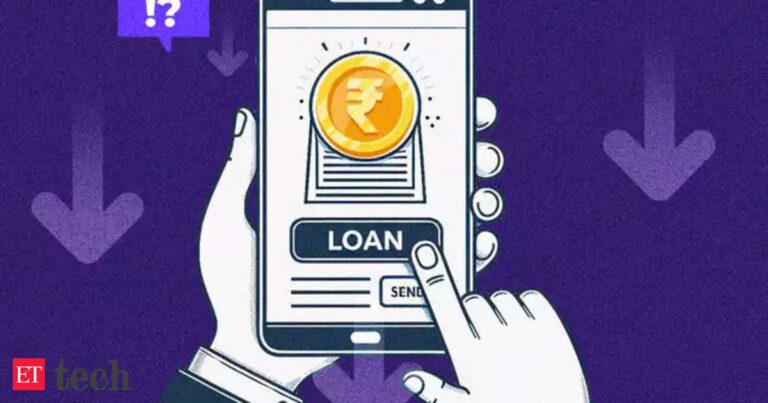Revolutionizing Debt Collection with AI and Fintech Startups
As the landscape of unmarked consumption loans becomes increasingly stressed, lenders are discovering innovative solutions for debt management. Fintech startups have emerged as key players, leveraging advanced technology to address the growing challenges in debt recovery.
Fintech Innovations Enhancing Debt Recovery
Companies like Spoctox, Creditnirvana, Tengo, and Credgenics are utilizing cutting-edge data analysis models to monitor borrower behaviors closely. By analyzing large datasets, these fintech firms can predict borrower defaults, providing lenders with essential insights into potential risks. This preemptive approach allows lenders to intervene before a loan falls into delinquency.
Shift Towards AI-Driven Debt Collection Models
Traditional collection methods, relying on manual follow-ups, call centers, and field agents, have become less effective, especially for smaller loans. Investors recognize that innovative AI-driven models can significantly reduce collection costs. This shift offers a lucrative opportunity for new-age startups to disrupt the outdated practices of conventional debt collection.
Strategic Acquisitions in the Fintech Sector
Recently, the financial software provider Perfos acquired Creditnirvana, a debt management platform. This move aims to assist banks and non-banking financial companies (NBFCs) in streamlining their loan processes, reducing delinquency rates, and improving overall portfolio performance.
Challenges in the Loan Industry
Karan Mehta and Sonali Jindal, co-founders of digital loan startup Kissht, highlighted ongoing issues in the loan sector during their recent launch of the debt resolution platform, Rezolv. They noted that lenders often struggle with data stored in separate silos, complicating unified analysis. Growing loan volumes exacerbate this issue, making it crucial for lenders to adapt.
Investment Trends in AI and Debt Recovery
Investments in AI-driven debt recovery startups have surged, with over $880 million funneled into this sector over the past three years, according to TRACXN data. This trend reflects an industry-wide recognition of the need for more efficient collection strategies that embrace real-time data analytics and tailored borrower engagement.
The Future of Debt Management in India
As debt collections become more critical, especially with rising loan defaults, the demand for efficient, technology-enabled solutions will only grow. With momentum building behind AI applications, this industry is poised for transformation. However, leaders acknowledge that this transition is still in its nascent stages, and the long-term effects of these innovations remain to be fully realized.
In conclusion, the integration of AI in debt collection is reshaping the traditional frameworks and presenting significant opportunities for startups. As financial institutions adapt to these advancements, the future of debt recovery appears both dynamic and hopeful.
This HTML formatted article provides a clear structure, utilizes relevant keywords, and delivers engaging content focused on the emerging trends in debt collection through fintech innovations.

